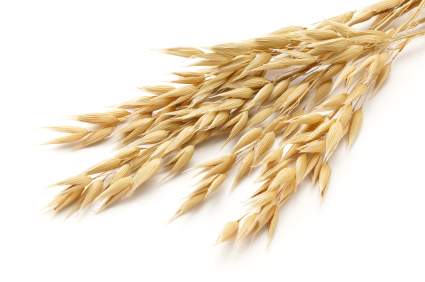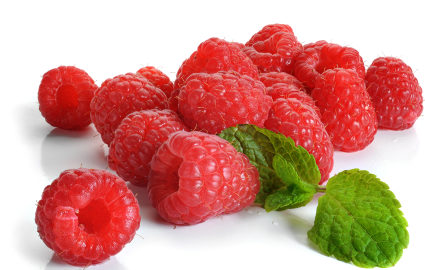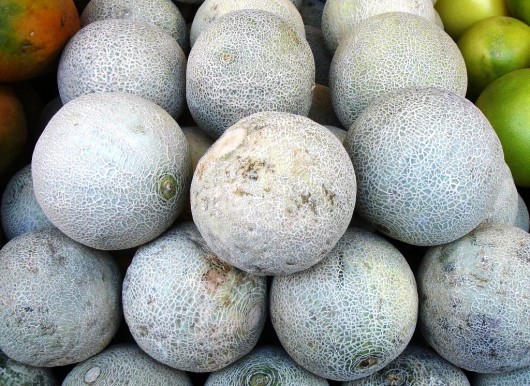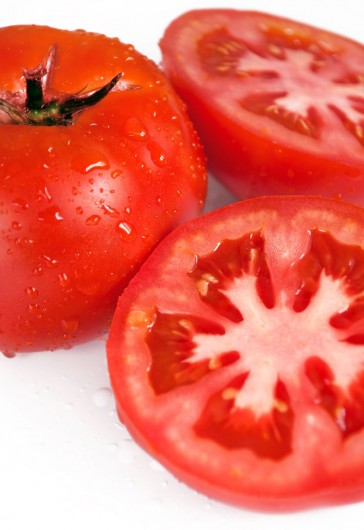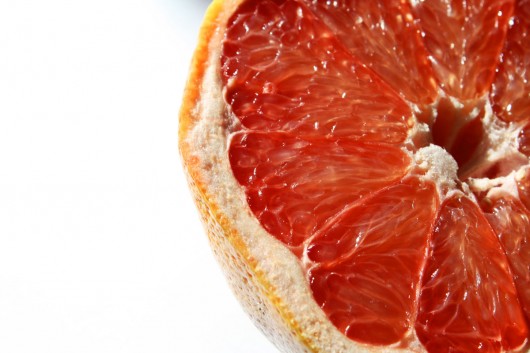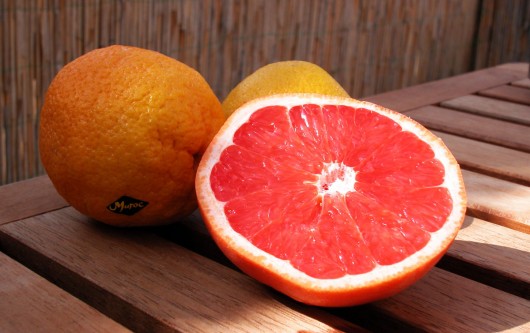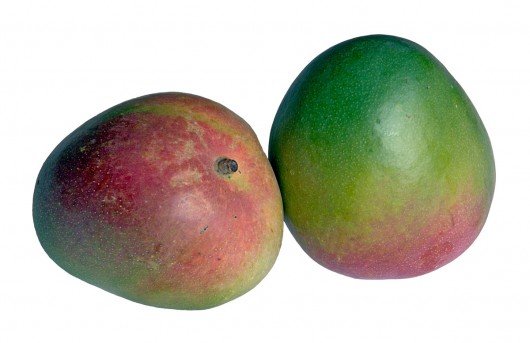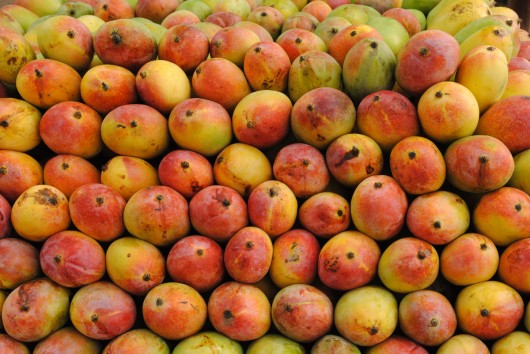Oats as a Superfood? Powerful, Nutrient-rich, And You Can Eat Them Everyday
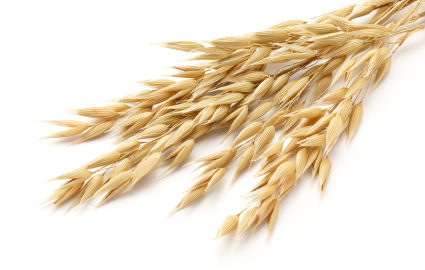
Oats are an often overlooked food, frequently considered bland, uninteresting or even lacking nutrition. However, this could not be further from the truth: Oats are a powerful, nutrient-rich food that should be eaten every day.
What are Oats?
Historically, oats were not as widely used as wheat or barley. The oldest known location of oats being regularly used was in the Switzerland during the Bronze Age. Oats first came to North America in 1602 and are believed to have originated in Asia Minor. After being planted around the coast of Massachusetts upon arrival, oats slowly were spread across North America. By the 1870s, oats were prevalent in the middle and upper Mississippi valley, where they are primarily produced in America today. Russia, Finland, Poland, and Canada, in addition to the United States, are the leading producers of oats today.

Russia, Finland, Poland, and Canada, are in addition to the United States the leading producers of oats today.
Historical Uses
Oats have traditionally been used as food or pasture grounds for livestock since they were first cultivated. Oats have also been a food source for humans, particularly in Scotland. Oats have also been used as a treatment for diabetes before insulin was developed. Today, many cereals and bread products are made using oat flour or other oat products. Even dairy products, like ice cream, often contain a type of oat product used as a stabilizer.
Why is it a Superfood?
Oats are considered a superfood because they are high in a number of nutrients and minerals, while being low in calories. Oats are rich in zinc, calcium, magnesium, iron, Vitamin C and B vitamins. In addition to nourishing skin, nails and hair, oats also deliver nutrients to the nervous system and provide energy. Oats are also a good source of fiber. Because they have a low glycaemic index, oats are slowly digested, which can improve both mood and concentration, and even help prevent or manage diabetes. Oats are an ideal food for dieters, as their slow digestion keeps you feeling full and satisfied for longer. They are also a good source of protein, containing amounts comparable to meat and milk.
Health Benefits
Eating one bowl of oats a day has been shown to reduce cholesterol levels by up to 20%. Additionally, oats can help prevent heart disease, reduce blood pressure, keep blood sugar levels maintained and boost the immune system.
Oats that are less processed, like whole oat groats or steel-cut oats, take the longest amount of time for the body to break down, which helps to keep the blood sugar regulated. Oats can also help prevent heart disease, due to an antioxidant that can only be found in oats called avenanthramides. Oats can also lower your risk for certain cancers, like colorectal cancer, due to the large amounts of fiber, vitamins, and antioxidants found in them. Oats also contain phytoestrogen, which can decrease the risk of breast cancer, ovarian cancer, and prostate cancer.
How to Eat Oats
One of the great things about oats is that they are versatile. Oats can easily be eaten alone as granola, porridge or muesli. Perhaps the easiest way to get the recommended daily amount of oats, one cooked cup, is to have a bowl of oatmeal with fruit and cinnamon for breakfast. For a change of pace from the traditional bowl of oatmeal, oat flour can be used in place of traditional flour in many recipes, like cookies, cakes, bread and even pancakes.
Another easy way to get oats into your diet is smoothies. This banana oat smoothie, from Martha Stewart’s website, is a great way to get oats into your diet. This easy smoothie recipe combines oats, yogurt, banana, milk, honey, and cinnamon for a healthy, nutrient-packed meal or snack. Another cool smoothie recipe is in this video. You will need 1/4 cup oats, 1 tbsp. ground flaxseed, 1 cup almond milk, 2 frozen bananas, 1 tbsp. maple syrup, 1/4 tsp. cinnamon, 1 handful pre-soaked almonds. Here is how to do it:
However you eat them, oats are packed with important nutrients and are low in calories. They provide a number of health benefits, making them an ideal food for every day.
